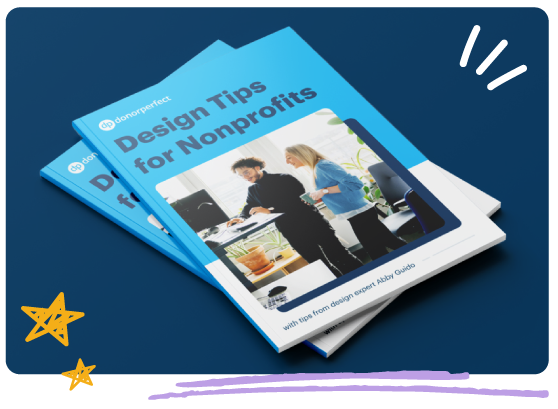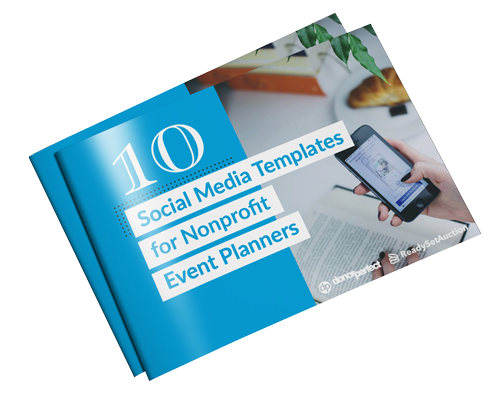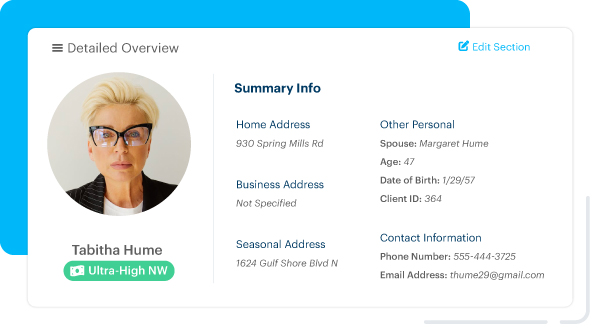Hosting an incredible fundraising event doesn’t have to cost a lot of money. Often the more creative you are, the more money you can save and the more memorable the experience will be for your guests. Whether you are hosting an elegant gala, a fast-paced marathon, or a casual networking event, here are five steps for saving money along the way.
Step 1: Prepare a budget analysis
When budgeting, there are two primary figures you want to determine that will help you calculate the rest of your expenses: the amount you can spend, and the amount of revenue you’re hoping to raise. After you know your budget, you can start listing your potential expenses and the percentage of the budget that you will allocate to each. Resources like Google Sheets and Spreadsheets.com have publicly available templates that can help.
Once you have your expenses in order, review your annual goals to determine how much you’re hoping to raise from your event. This will help you to price out the costs of your event tickets, sponsorship packages, and other sources of revenue.
Pro tip: Don’t forget to create a contingency fund! There are a lot of moving pieces when it comes to events, and having some extra money set aside for just-in-case situations can help ease your anxiety if things don’t go exactly as planned.
Step 2: See what you can get for free
There are a lot of free resources out there to help with your event needs. And what better way to save on costs than getting something for free?
4 Free Resources for Fundraising Event Planners
1. Givecloud
Givecloud offers a robust fundraising event platform with a free package level that includes ticketing, event registration and check-in, sponsorship packaging, and even post-event reporting.
2. Canva
Canva is an excellent resource for creating marketing material for your event. You can use it to create emails, posters, tickets, event booklets, and any other printed or online content you may need. With thousands of free templates to choose from, you can create any professional, branded, and on-theme material you need.

There’s no need to hire an agency to make your nonprofit branding stand out. We called on design expert Abby Guido to help us create a free guide full of practical, DIY design tips specifically for nonprofits. Get your copy of Design Tips for Nonprofits >>
3. Social media
Social media platforms like Facebook, Instagram, and Twitter provide an opportunity for free advertising. Think about the Facebook groups you could join, post in, or create. Likewise, think about the Twitter or Instagram hashtags you could start a conversation about.
Visuals like photos and videos help build excitement leading up to the event. Consider sharing set-up pictures, auction items, photos from previous events, or a goal meter to build anticipation.
Pro tip: Google offers ad grants to nonprofits for free so you can get the word out to an even wider audience. If your local area has a township website, you could also see about getting your event added to the community calendar.
4. Volunteers
Of course, not all of the resources you need can be found in a free app or software. That’s when you can turn to your volunteer recruits for help. Start thinking early about what your needs may be and how many volunteers you may need for each task (data entry, event set-up and clean-up, sponsorship outreach, advertising, registration check-in, etc.).
After you have your list made, start reaching out via email, your website, social media, and anywhere else you can think of to get all the free help you need. You can also ask them to put the word out within their networks.
Step 3: Create a robust sponsorship opportunity
Include multiple event sponsorship packages at different giving levels to make sure small local businesses can support you as readily as larger companies. When creating your packages, include appropriate incentives such as event tickets and advertising in event booklets, radio ads, and other printed materials. Don’t forget to mention the success of past events including money raised, number in attendance, etc.
Pro tip: Don’t let this task eat up all of your focus time. Call on your team for help with creating sponsorship appeal letters or scripts and ask your board members to help solicit these businesses.
Step 4: Shop around for sweeter deals
When it comes to your biggest expenses, like the venue and catering, make sure you do your research, and remember that negotiating is part of the process.
When it comes to venue costs, here are six easy ways to save:
- Choose a date that is off-season or in the middle of the week. (Make sure you have a contingency plan for inclement weather if you’re planning on a winter event.)
- Have a realistic head count ready when you talk prices. The more participants you can guarantee, the more likely it is that the venue can lower the price per person.
- Ask about similar events happening at the venue before or after yours to see if you can have similar menus to save on catering costs.
- If you host this event annually, bring this up during negotiations. Repeat customers can be an attractive prospect to venues.
- Try negotiating prices at month end or quarter end. This is often when the sales office is looking to meet its quotas.
- Consider an unusual venue to save costs. You can contact local libraries, museums, or zoos to see if they can accommodate your needs. Breweries and wineries also often have spaces large enough to host a crowd.
Pro tip: If you’re considering a location often used for weddings, check out Wedding Spot to get a better idea of the prices the venue offers. EventUp can also help you search for the perfect spot to host your event and provides details like price ranges and seating capacity.
Catering is also one of the biggest expenses, so it helps to get creative here as well to keep your costs low. Oftentimes, people aren’t looking for a sit-down dinner so consider keeping it simple by offering hors d’oeuvres instead of a full-course menu. Having an afternoon event can eliminate the cost of alcoholic beverages, too – and make your event more family-friendly!
Step 5: Plan and prepare, down to the last detail
A great event can be ruined by poor planning, and working out every last detail will help ensure your fundraising efforts are rewarded with a high return on investment. After you’ve arranged the specifics of your event, make sure you prep your volunteers and staff, test your technology, and have backup plans in place.
If you know you’re going to need a certain number of emails, postcards, or social media posts to promote your event, you can save your team hours of time that would normally be spent coming up with copy or handwriting notes and envelopes. Lean on free templates that already include the information you need, and let your CRM automatically populate names and addresses.
The further in advance you can plan your event communications, the better – including your registration form, donation form, event invites, and reminders. All of your promotional avenues should lead back to the same digital home base – consider adding a QR code to your physical mailings and fliers so the event information can be maintained online. This ensures that if you need to quickly announce any change in plans, the transition will be seamless. You’ll want to give attendees enough information and notice to plan their ride, hire a babysitter, bid on auction items, choose their dinner entree, etc.
Generate your event QR code for free with DonorPerfect:
Pro tip: If your event involves collecting money on the night of, make sure you thoroughly test your online portal for processing donations. Remember, outside venues in remote locations may not have a great internet connection, so test your technology where you are holding your event. Visit the Online Forms Success Hub for more best practices >>
For more help spreading the word about your upcoming events, check out DonorPerfect’s free social media templates for event planners.









